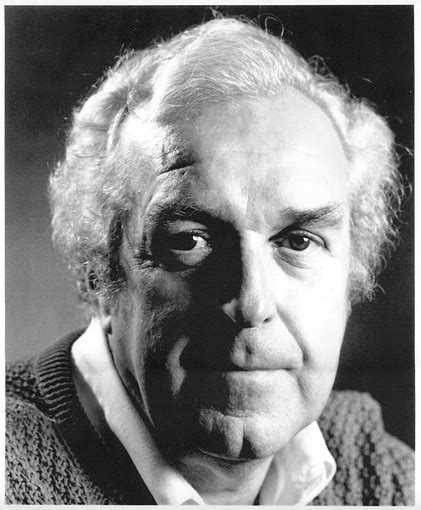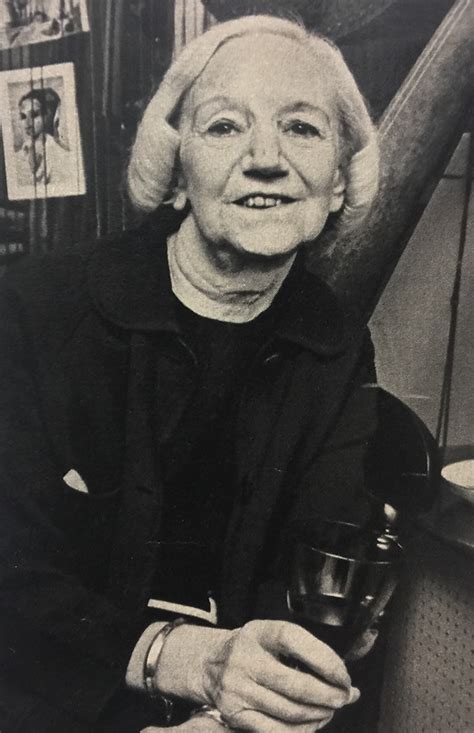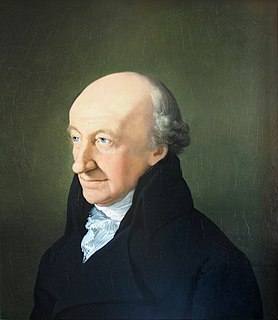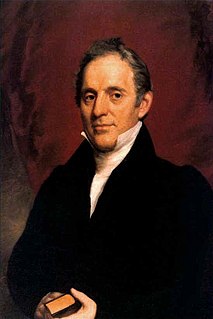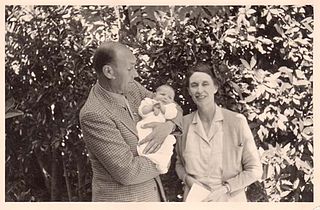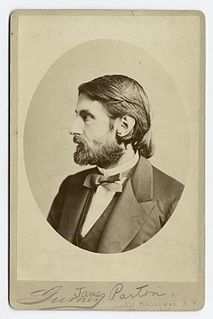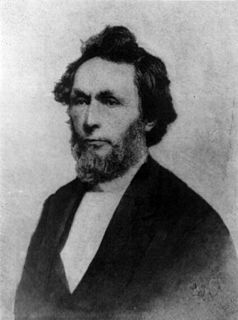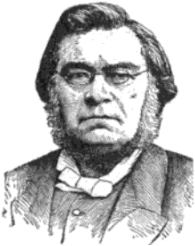A Quote by Gene Lees
Despite his [Artie Shaw's] affectations of reclusiveness, he never tired of talking about himself, as countless long interviews reveal. I do not recall an anecdote he ever told me that was not in some way intended to convey a sense of his own superiority to everyone. . One wonders how a person of his character could produce such beauty.
Related Quotes
The man has a curious inborn conviction of his own superiority which is quite unshakeable. All his life he has bullied and browbeaten those around him by his high-and-mightiness and his atrocious temper. As a boy he terrorized his entire family by his tantrums, when, if thwarted, he would throw himself on the floor and yell till he went blue in the face. It has been much the same ever since. Everyone's terrified of his rages. He has only to start grinding his teeth, and people fall flat before him.
How could he convey to someone who'd never even met her the way she always smelled like rain, or how his stomach knotted up every time he saw her shake loose her hair from its braid? How could he describe how it felt when she finished his sentences, turnec the mug they were sharing so that her mouth landed where his had been? How did he explain the way they could be in a locker room, or underwater, or in the piney woods of Maine, bus as long as Em was with him, he was at home?
He gave me a look of great contempt; as I supposed, for venturing, even by implication, to draw a parallel between a lack of affluence that might, literally, affect my purchase of rare vintages, and a figure of speech intended delicately to convey his own dire want for the bare necessities of life. He remained silent for several seconds, as if trying to make up his mind whether he could ever bring himself to speak to me again; and then said gruffly: 'I've got to go now.'
Stage is so important because it teaches me how to convey character with words - how to convey how a character reacts by the way they appear on stage. I can usually tell a playwright from someone who has never written for the stage. Did the character work? Did the dialogue reveal who the character is?
Depending on the year or the therapist he was seeing, he'd learned to ascribe just about every facet of his character as a psychological reaction to his parents' fighting: his laziness, his overachieving, his tendency to isolate, his tendency to seduce, his hypochondria, his sense of invulnerability, his self-loathing, his narcissism.
Nature never rhymes her children, nor makes two men alike. When we see a great man, we fancy a resemblance to some historical person, and predict the sequel of his character and fortune, a result which he is sure to disappoint. None will ever solve the problem of his character according to our prejudice, but only in his high unprecedented way.
He is not famous. It may be that he never will be. It may be that when his life at last comes to an end he will leave no more trace of his sojourn on earth than a stone thrown into a river leaves on the surface of the water. But it may be that the way of life that he has chosen for himself and the peculiar strength and sweetness of his character may have an ever-growing influence over his fellow men so that, long after his death perhaps, it may be realized that there lived in this age a very remarkable creature.
No man could bring himself to reveal his true character, and, above all, his true limitations as a citizen and a Christian, his true meannesses, his true imbecilities, to his friends, or even to his wife. Honest autobiography is therefore a contradiction in terms: the moment a man considers himself, even in petto, he tries to gild and fresco himself. Thus a man's wife, however realistic her view of him, always flatters him in the end, for the worst she sees in him is appreciably better, by the time she sees it, than what is actually there.
